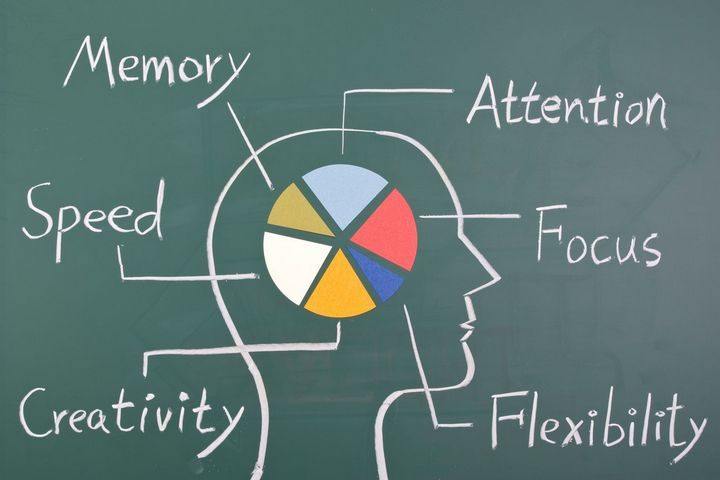For anyone looking for a mental boost – whether it’s to help while studying for an exam, or during a challenging work project, nootropics are becoming the go to answer.
They are not a pharmaceutical but a cognitive-enhancing product and are becoming increasingly popular, but do they work?
What proof is there that nootropics work?

There are decades worth of clinical studies and medical reviews which suggest that nootropics do work to enhance cognitive function. What is harder to define is how well they work as this varies from person to person.
As they impact on the person’s brain, clearly every brain is wired differently so they have different effects; however, those who took part in clinical studies have consistently found the following positive effects from taking nootropics:
- Improved memory
- Easier to process complicated information
- Enhanced learning capacity
- Positive moods and emotional response
- Reduced anxiety
It is important to carry out some research and read up on the latest clinical studies so that you can choose to use them from a position of knowledge, rather than simply guessing if they are right for you or not.
What are nootropics?
The most important thing to know is that they are not pharmaceutical drugs and are easy to buy as a result. It’s really important to understand the difference between nootropics – which can be natural or synthetic – and smart drugs which are pharmaceuticals.
Nootropics are commonly used to improve the memory and boost concentration levels, as well as being used for improvement in motivation, focus and good mood.
How does a Nootropic work?
It’s important to know how nootropics work before you take them, so you can make an informed decision and if you have any doubts or concerns you should always seek medical advice before starting on any kind of course.
Whether you choose a synthetic or natural version, they will still have the same effect on your brain by influencing your brain-waves, affecting cerebral blood flow, impacting on hormones and the brain’s neurotransmitters.
The studies have also revealed that people who use nootropics often experience the positive effects on their mood and emotions even after they stop taking them.
Are there any nasty side-effects?
One of the great things about Nootropics, particularly when compared with the smart drugs, is that they have very few side effects and the studies have shown that they don’t create any kind of withdrawal problems when people stop taking them.
That’s why it’s vital to understand the difference between nootropics and pharmaceutical equivalents.
Could I get addicted to Nootropics?
No, nootropics are non-addictive.
Which Nootropic should I take?
When you are deciding which nootropic to use you need to assess your situation and what your requirements are really. For example, if you want a boost for an exam it might be a different nootropic to wanting to boost longer term focus.
Even though they all work the same way, everyone’s brains are different so a nootropic that works amazingly for one person’s memory, might have a different impact on someone else’s brain.
You might need to have some trial and error after doing some research and reading reviews about all of the different nootropic options before deciding which one is the perfect option for your individual needs. If you find yourself wanting to combine different aspects of multiple nootropics, a nootropic stack may be the best for you.
You should also remember that it’s not a magic solution. Your ability to remember and focus is also influenced by external forces including your emotions, your diet and the environment around you so bear all of these in mind as a first measure.
Make sure, if you do decide to take nootropics, that that is what you are taking. Check out the labels first to be sure you have not purchased a pharmaceutical smart drug as the side effects and risk of addiction will be very different for these.
However, if you are determined to increase focus, ability to learn and boost your memory then nootropics can definitely help with all of these functions and will be a lot less harmful than dowsing yourself with caffeine.
Make sure you explore all the options and are clear about what you want to achieve so you can select the right nootropic for you. While the impact can vary, all nootropics do enhance the cognitive function of the brain.
There is no doubt that nootropics do work, however they can work differently for different people. They may also continue working after you stop taking them, continuing to provide positive mood enhancement for users – with no negative side effects or withdrawal symptoms.
If you are looking for a valid alternative to smart drugs or to substances like caffeine, to help boost your brain function, whether temporarily or longer term, then nootropics could certainly be the way to go for you.
If you have any doubts or concerns you should always seek medical advice before starting on any kind of course.









































